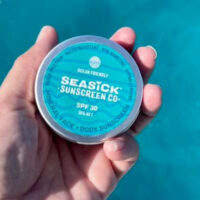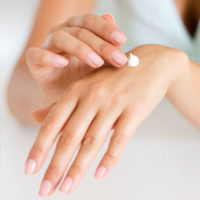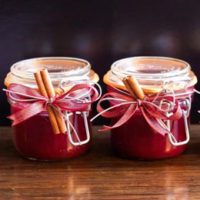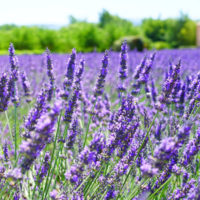Why we should be wearing organic as well as eating it.
Well…if you thought organic gardening was great and buying organic veggies is the way to go, you’re halfway there. But now you’re thinking…we don’t eat cotton, so why worry if it’s organic cotton or not..?? Good question.
The Cotton Industry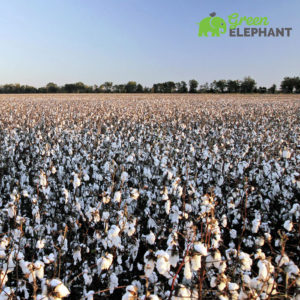
Cotton is one of the most prevalent and important natural products that we come into contact with and use on a daily basis. We wear it, we sleep snuggled into it, we dry our dishes with it, we wash and dry our skin with it…you get the picture. Given there is such high demand for this white fluffy crop, it’s not surprising that world production is huge and farming methods are intense.
The Chemicals
Although it’s grown on only 2.5% of the world’s agricultural land, cotton fields get sprayed with a whopping 16% of the world’s insecticides. And there are some pretty nasty insecticides being used. Toxic fertilisers and herbicides are also used in abundance; all to ensure a bountiful crop to meet the worlds growing demands for cheap cotton. Yes…I mean that $7 T-shirt.
The Impact
Farming in this way has many negative effects both on the environment, and on the people that work with the crop. Chemicals leach into waterways poisoning fish and insects, which disrupts the ecosystem. Intensive watering of the crop degrades soil fertility which lowers yield and impacts farmers financially. Farmers are often poorly educated about how to work with the chemicals or have inappropriate equipment and there have been many illnesses and deaths as a result. And this is before anything is harvested…..!!
Imagine all those chemicals sprayed onto the crop, which is still picked by hand in many places. And then off it goes to the factory where the fumes are breathed in by the factory workers. Even after the thread has been spun, woven and made into a garment, chemical residues can remain trapped in the fibres which can cause skin irritations, rashes and headaches.
I don’t know about you, but this sounds dreadful to me and begs the question…why is all cotton not organic cotton…??
A Better Way, Organic Cotton
Organic cotton farmers do not use chemicals at all and instead rely on more traditional methods of farming. Insects are kept at bay by creating habitats for and encouraging other insects into the crop that feed on the ‘pests’. Crops are mixed and grown alongside one another which helps deter crop specific pests. A natural cycle of crop rotation is used to retain soil fertility and birds that feed on predatory insects are introduced. And fertiliser is good old manure…!!
What this means for the farmers is yes..a lower yield…yes, more work…BUT their work environment is safe, they do not have to buy expensive chemicals, the land and environment are richer and more sustainable, and organic cotton commands a higher price than non-organic, so financially, they are often better off. Yet less than 1% of all cotton grown is organic.
GOTS
And how do we know what’s organic cotton and what’s not..?? GOTS is the Global Organic Textile Standard. Companies producing GOTS certified cotton have to adhere to a long list of strict rules which cover every part of the production chain, from farmer to garment or product. These rules cover not only the ‘farming’ but also social and environmental criteria as well including stipulations for safe and fair working conditions for employees and restrictions on the use of chemicals and synthetic agents in the manufacturing process. Only products that have been certified by GOTS can display the distinctive GOTS labelling which makes it easy for us to tell the good stuff from the not very good at all stuff.
So, I think we have established the benefits of organic cotton and how to identify it in a line up..!!
But it’s not just clothes….
Many of our Vendors are passionate about organic living and as we’ve seen…this isn’t just about what we eat or even what we wear!! Cotton is used to make things that appear in every room of the house (nearly…!). You can easily find products on the marketplace that are organic or contain organic ingredients, just use our clever filtering system. Tick Organic in the Filter by Badge menu and voila, you’ll be able to check out the entire current Organic product range!! There’s heaps to discover, including kids Tees, lip balms, coconut chips, tampons, food bags and turkish towels….to name just a few.

Start Small
And a final tip for those wanting to start buying organic and ethical….. It might be a bit more expensive to start with but it’s completely unrealistic to think that every person involved in the process of making that $7 T-shirt has received fair pay. The key message here is start small. Ask questions and embrace what you feel strongly about. Be realistic and know that changing the way you shop will take time but be assured that everything you do, however small, does make a difference and change CAN happen.

